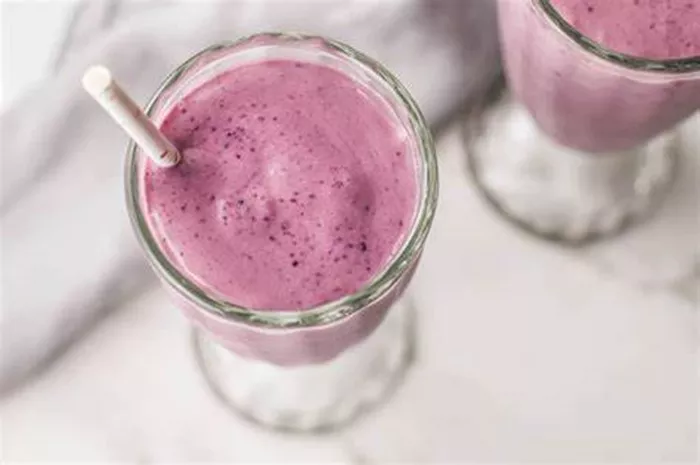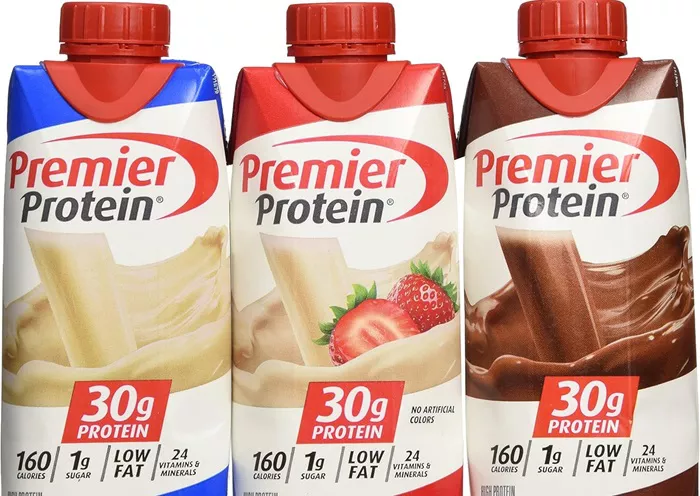Cardiovascular health is a critical aspect of overall well-being, and engaging in regular cardiovascular exercise, commonly referred to as cardio, plays a pivotal role in maintaining a healthy heart. Cardio encompasses various activities that elevate the heart rate, promoting improved blood circulation and oxygen delivery throughout the body. This article delves into the mechanisms by which cardio benefits heart health, the physiological changes it induces, and the broader implications for overall health.
Cardiovascular Exercise
Cardiovascular exercise is defined as any physical activity that raises the heart rate and enhances the body’s ability to utilize oxygen efficiently. Common forms of cardio include running, cycling, swimming, and even brisk walking. The primary goal of these activities is to strengthen the heart muscle, improve blood flow, and increase endurance.
Physiological Benefits of Cardio on Heart Health
1. Improved Heart Efficiency
One of the most significant benefits of regular cardio exercise is the improvement in heart efficiency. As individuals engage in consistent cardiovascular activities, their heart adapts to pump blood more effectively. This adaptation results in a lower resting heart rate, meaning the heart does not have to work as hard when at rest. Over time, this efficiency translates to better performance during physical exertion and reduced fatigue.
2. Lower Blood Pressure
Regular cardio exercise has been shown to lower blood pressure, which is crucial for heart health. High blood pressure places extra strain on the heart and arteries, increasing the risk of heart disease and stroke. Engaging in aerobic activities helps to relax blood vessels and improve blood flow, thereby reducing overall blood pressure levels.
3. Enhanced Blood Circulation
Cardio workouts promote better circulation by increasing the number of small blood vessels in the body. Improved circulation ensures that oxygen and nutrients are delivered more efficiently to tissues and organs, supporting overall health. Enhanced blood flow also aids in the removal of metabolic waste products, contributing to better recovery and reduced muscle soreness.
4. Improved Cholesterol Levels
Cardiovascular exercise positively influences cholesterol levels by increasing high-density lipoprotein (HDL) cholesterol, often referred to as “good” cholesterol. HDL helps to remove low-density lipoprotein (LDL) cholesterol, or “bad” cholesterol, from the bloodstream, reducing the risk of plaque buildup in arteries. This balance is essential for maintaining a healthy cardiovascular system.
5. Weight Management and Fat Loss
Engaging in regular cardio helps with weight management by burning calories and promoting fat loss. Maintaining a healthy weight is crucial for heart health, as excess body fat, particularly around the abdomen, is linked to increased risk of heart disease. By incorporating cardio into a routine, individuals can achieve and maintain a healthy weight, thereby reducing their risk factors for cardiovascular issues.
6. Reduction in Heart Disease Risk
Numerous studies have established a strong link between regular cardiovascular exercise and a reduced risk of heart disease. Engaging in consistent cardio can decrease the likelihood of developing coronary artery disease, heart attacks, and other cardiovascular conditions. The American Heart Association recommends at least 150 minutes of moderate-intensity aerobic exercise per week to reap these benefits.
Cardio and Heart Rate Variability
Heart rate variability (HRV) is a measure of the variation in time between heartbeats and is an indicator of the autonomic nervous system’s regulation of the heart. Regular cardio exercise has been shown to improve HRV, suggesting a healthier heart and better stress management. Higher HRV is associated with lower stress levels and improved recovery from physical exertion.
Long-term Benefits of Cardiovascular Exercise
1. Enhanced Longevity
Engaging in regular cardiovascular exercise has been linked to increased lifespan. Studies indicate that individuals who maintain an active lifestyle tend to live longer and experience a lower incidence of chronic diseases. The cumulative effects of improved heart health, weight management, and enhanced overall fitness contribute to this longevity.
2. Improved Mental Health
Cardio exercise is not only beneficial for physical health but also has profound effects on mental well-being. Regular aerobic activity has been shown to reduce symptoms of anxiety and depression, improve mood, and enhance cognitive function. The release of endorphins during exercise contributes to these positive mental health outcomes.
3. Better Sleep Quality
Individuals who engage in regular cardiovascular exercise often report improved sleep quality. Better sleep is essential for heart health, as inadequate rest can lead to increased stress levels and a higher risk of cardiovascular issues. Regular cardio can help regulate sleep patterns, leading to more restorative rest.
4. Support for Other Healthy Habits
Incorporating cardio into a daily routine often encourages individuals to adopt other healthy lifestyle choices. Regular exercisers are more likely to maintain a balanced diet, avoid smoking, and manage stress effectively. These lifestyle changes collectively contribute to better heart health and overall well-being.
See Also: How Many Calories Does Low-Impact Cardio Burn?
Types of Cardiovascular Exercise
1. Moderate-Intensity Activities
Moderate-intensity cardio includes activities such as brisk walking, cycling at a leisurely pace, or swimming. These activities elevate the heart rate but are sustainable for longer durations, making them accessible for individuals of varying fitness levels.
2. High-Intensity Interval Training (HIIT)
HIIT involves alternating between short bursts of intense exercise and periods of rest or lower-intensity activity. This form of cardio has gained popularity due to its efficiency in burning calories and improving cardiovascular fitness in a shorter amount of time.
3. Low-Impact Cardio
Low-impact cardio options, such as elliptical training or water aerobics, are ideal for individuals with joint issues or those who prefer gentler forms of exercise. These activities still provide significant cardiovascular benefits while minimizing the risk of injury.
Incorporating Cardio into Your Routine
1. Setting Realistic Goals
When starting a cardio program, it’s essential to set achievable goals. Begin with shorter sessions and gradually increase duration and intensity. This approach helps to prevent burnout and reduces the risk of injury.
2. Finding Enjoyable Activities
Choosing activities that you enjoy increases the likelihood of sticking with a cardio routine. Whether it’s dancing, hiking, or playing a sport, finding pleasure in the activity makes it easier to maintain consistency.
3. Mixing Up Your Routine
To prevent boredom and keep the body challenged, incorporate a variety of cardio activities into your routine. This variety not only keeps workouts interesting but also engages different muscle groups, enhancing overall fitness.
4. Listening to Your Body
It’s crucial to listen to your body and adjust your cardio routine as needed. If you experience pain or excessive fatigue, consider modifying the intensity or duration of your workouts. Recovery is an essential component of any exercise program.
Conclusion
In summary, cardiovascular exercise is a cornerstone of heart health, offering a multitude of benefits that extend beyond the cardiovascular system. From improving heart efficiency and lowering blood pressure to enhancing mental well-being and promoting longevity, the positive effects of cardio are well-documented. By incorporating regular cardiovascular activities into your lifestyle, you can significantly improve your heart health and overall quality of life. Embrace the power of cardio and take proactive steps toward a healthier, happier you.
[inline_related_posts title=”You Might Be Interested In” title_align=”left” style=”list” number=”6″ align=”none” ids=”10572,9199,9117″ by=”categories” orderby=”rand” order=”DESC” hide_thumb=”no” thumb_right=”no” views=”no” date=”yes” grid_columns=”2″ post_type=”” tax=””]



































